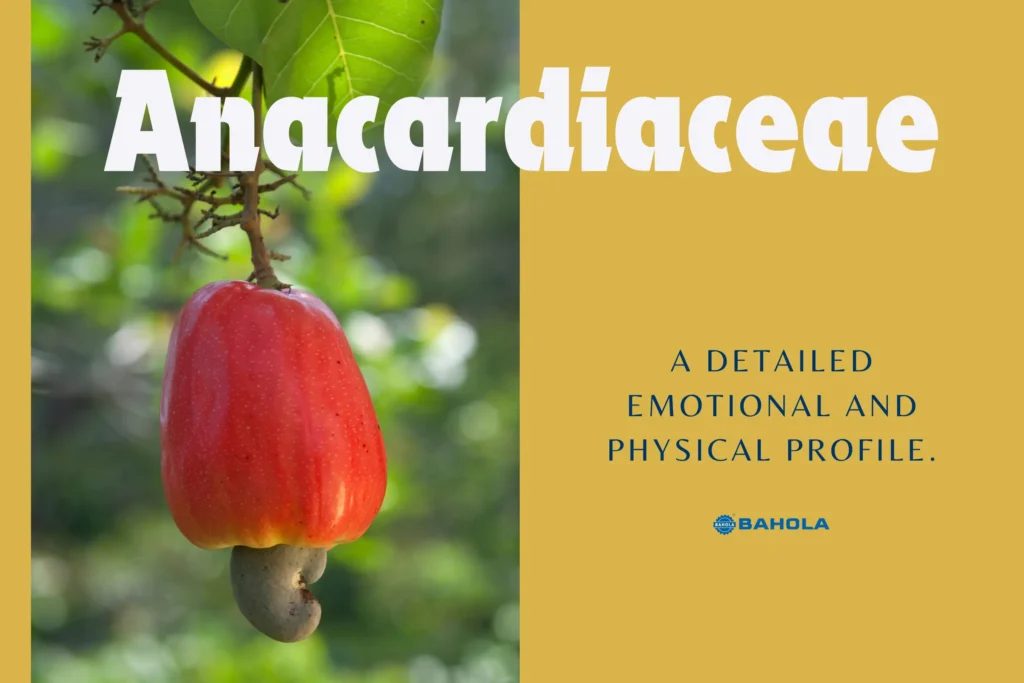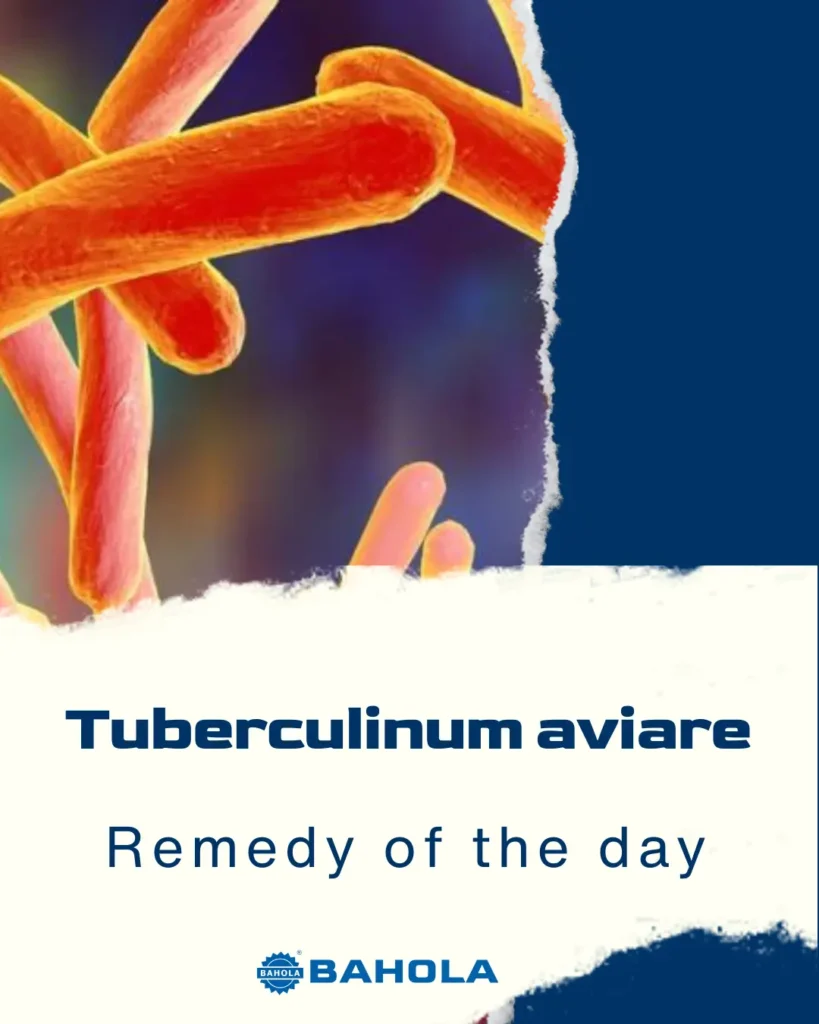Keynotes of Antimonium Tartaricum:
Antimonium tartaricum is particularly valuable in respiratory conditions with copious mucus, marked physical weakness, and specific gastro-intestinal and conjunctival symptoms.
- Great Debility: Profound weakness and fatigue with tendencies towards fainting and syncope.
- Internal Trembling: Sensation of internal trembling and restlessness.
- Child’s Behavior: Child desires to be carried but dislikes being touched.
- One-Sided Complaints: Rheumatic pain in the left chest, pulsation in one side of the forehead, and one-sided headaches.
- Gastrointestinal Symptoms: Nausea with frequent vomiting of bitter or sour substances; long-lasting dyspeptic symptoms with loss of appetite.
- Ophthalmic Symptoms: Inflamed eyelids with catarrhal conjunctivitis.
- Respiratory Symptoms: Soreness across the chest, constant, loose cough with copious expectoration; a useful remedy in pneumonia with rattling mucus in the chest.
- Associated Symptoms: Catarrhal ophthalmia, significant gastro-enteric disturbances.
- Differentiation from Lycopodium: Lycopodium presents with more pronounced dyspnoea, mucous rales, stitching pleuritic pain, and abdominal distention, along with marked weakness and labored breathing, including the flaring of the alae nasi.
Antimonium tartaricum is particularly valuable in respiratory conditions with copious mucus, marked physical weakness, and specific gastro-intestinal and conjunctival symptoms.



